McDonald’s Retreat from DEI Initiatives: Ownership Influence and the Potential Impact of Boycotts
By Esther Claudette Gittens | Editorial credit: Robert V Schwemmer / shutterstock.cm
In recent years, Diversity, Equality, and Inclusion (DEI) initiatives have become integral to corporate strategies, aiming to foster inclusive workplaces and equitable opportunities. However, a notable shift has emerged, with several major corporations, including McDonald’s, scaling back their DEI commitments. This article delves into the reasons behind McDonald’s decision to reduce its DEI efforts, examines the company’s ownership structure, and explores whether consumer boycotts could influence the company’s stance on DEI.
McDonald’s Retrenchment from DEI Initiatives
Background of DEI at McDonald’s
McDonald’s has historically positioned itself as a proponent of diversity and inclusion. The company implemented various DEI programs, including aspirational quotas for diverse leadership, participation in external diversity surveys, and supplier diversity initiatives. These efforts aimed to create a more inclusive environment for employees, customers, and partners.
Scaling Back DEI Efforts
In early 2025, McDonald’s announced a significant shift in its DEI strategy. The company decided to discontinue aspirational quotas, pause participation in external diversity surveys, and remove mandatory supplier diversity criteria. This move aligns McDonald’s with a broader trend among corporations reassessing their DEI commitments in response to evolving political and legal landscapes. Notably, the 2023 U.S. Supreme Court ruling against affirmative action in college admissions and executive orders from President Donald Trump’s administration targeting DEI policies have created an environment of uncertainty for such initiatives. Companies like McDonald’s have cited these legal and political shifts as factors influencing their decision to scale back DEI efforts.
External Pressures and Legal Challenges
McDonald’s decision also reflects external pressures from conservative groups and activists challenging DEI programs. For instance, the company faced a lawsuit over its HACER National Scholarships Program, which was initially designed to support Latino and Hispanic students. The lawsuit argued that limiting scholarships based on ethnicity was discriminatory. In response, McDonald’s settled the lawsuit and modified the program to eliminate racial or ethnic criteria, focusing instead on applicants’ contributions to the Hispanic and Latino communities.
Ownership Structure of McDonald’s
Major Shareholders
Understanding McDonald’s ownership structure provides insight into potential influences on its corporate policies. The company’s ownership is predominantly institutional, with significant shares held by major investment firms:
- Vanguard Group Inc.: Approximately 9.79% ownership.
- BlackRock Advisors LLC: Approximately 5.74% ownership.
- State Street Corporation: Approximately 4.95% ownership.
- JPMorgan Investment Management, Inc.: Approximately 4.57% ownership.
Collectively, these institutional investors hold a substantial portion of McDonald’s shares, indicating that the company’s strategic decisions, including those related to DEI, may be influenced by the priorities and perspectives of these major shareholders.
Franchise Model and Ownership
McDonald’s operates a vast global network, with approximately 93% of its restaurants owned and operated by independent local franchisees. This franchise model means that while corporate policies set overarching guidelines, individual franchise owners have autonomy over daily operations. The decentralized nature of this structure can lead to variations in the implementation of corporate initiatives, including DEI programs, across different locations.
The Potential Impact of Boycotts on McDonald’s DEI Policies
Consumer Influence through Boycotts
Consumer boycotts have historically been a tool for the public to express dissatisfaction with corporate practices and effect change. A recent Harris poll indicates that 40% of Americans have altered their spending habits to align with their moral beliefs, with 24% ceasing patronage of favored stores due to political stances. This trend is particularly pronounced among younger generations and Democratic-leaning consumers.
Assessing the Efficacy of a McDonald’s Boycott
While consumer boycotts can impact a company’s public image and bottom line, several factors influence their effectiveness:
- Brand Resilience: McDonald’s possesses a robust global brand with a diverse customer base. The company’s widespread presence and convenience may mitigate the impact of a boycott.
- Franchise Structure: The autonomy of franchisees means that a boycott could disproportionately affect individual owners rather than the corporation as a whole.
- Institutional Ownership: Major institutional shareholders prioritize financial performance. Unless a boycott significantly affects profits, these investors may not advocate for policy changes.
Given these considerations, while a boycott could draw attention to concerns over DEI policies, its capacity to compel McDonald’s to reinstate or enhance such initiatives remains uncertain.
A Confluence
McDonald’s decision to scale back its DEI initiatives reflects a confluence of legal, political, and societal pressures. The company’s ownership structure, dominated by institutional investors and characterized by a decentralized franchise model, further complicates the potential for consumer-driven change. While boycotts serve as a powerful expression of public sentiment, their effectiveness in altering corporate policies, particularly in a conglomerate like McDonald’s, is not guaranteed. Stakeholders advocating for robust DEI commitments may need to consider multifaceted strategies, including shareholder engagement, public awareness campaigns, and collaboration with advocacy groups, to influence corporate practices meaningfully.

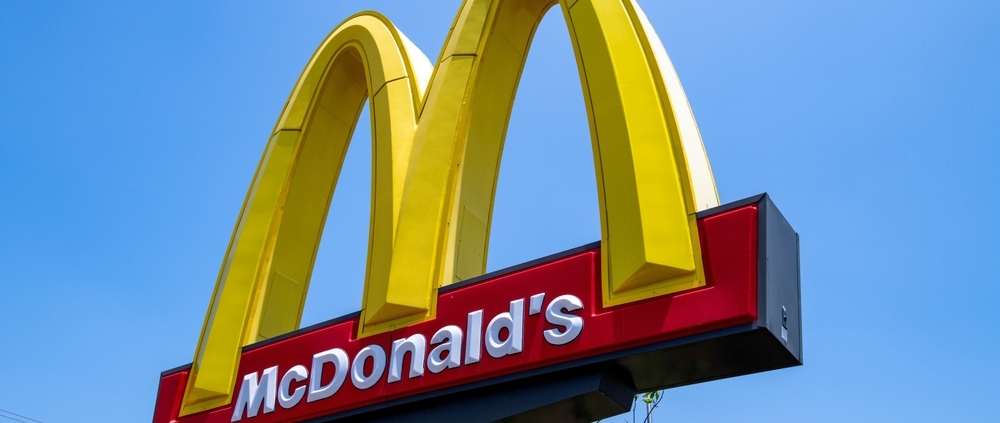
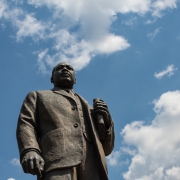
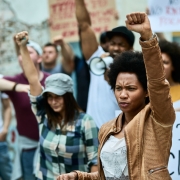

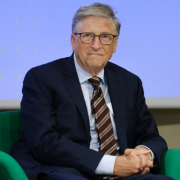

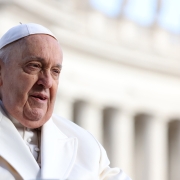
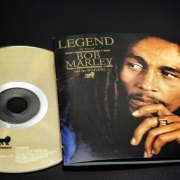
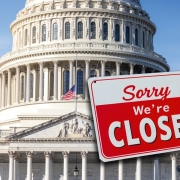


Leave a Reply
Want to join the discussion?Feel free to contribute!